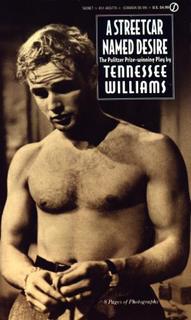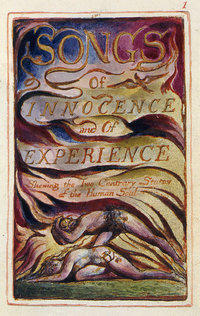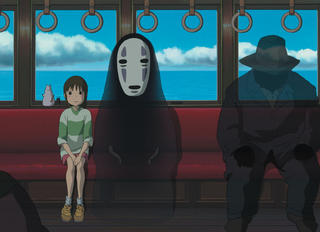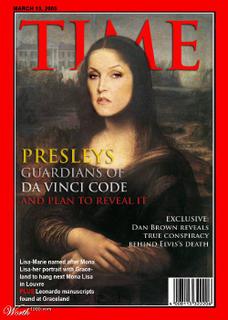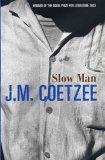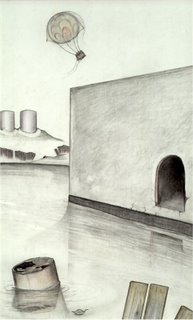
I can't write. You may think this is what I'm doing now, but you're wrong. There are words, and then there are words. There are no words for what I want to write about. I have started this post four times already. There are hidden words that no one will ever see.
No, I am not writing now. There are words here that are signifiers for something, but this is not writing. It can't be. I am unable to write.
I have been unable to write for some time now.
I am wondering if/when it will feel alright to write again. If/when the words will being to flow again from the writer/soul. If/when the words will mean/reveal what I/the writer want them to. It is strange to think that I am typing, but not writing. The keys rise and fall and letters/codes appear/burn but there is nothing/everything to be made from this.
I don't want to write. That is why I am not writing now.
***
For those of you/whoever you are/whatever you are for whom my posts have been a little obscure lately, I lost a very dear friend/colleague of mine in a tragic/terrible/unnecessary/hateful accident 5 1/2 weeks ago. It feels like so much longer than that. My fellow 'inquiring mind' is gone and there is so much that I want to talk to him about.
Now that I have started to type about it there isn't really anything else that I want to say.
***
Now, you will see that I may start to type again, occasionally, about other things. But don't misunderstand me. I am not writing. Not yet.



